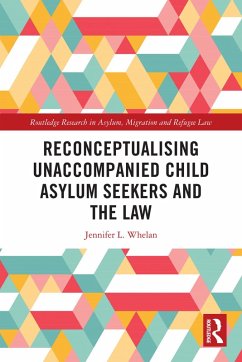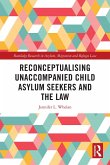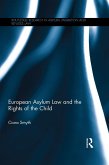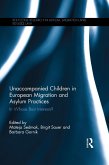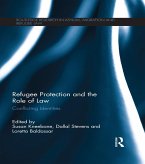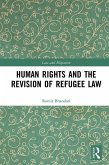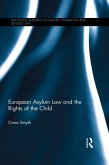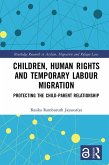This book reconceptualises the relationship between unaccompanied child asylum seekers and States. It proposes a new conceptual framework by applying international human rights law, childhood studies and vulnerability theory scholarship in analysing State obligations to respond to these children. This framework incorporates a robust analysis of the operation and impact of laws on vulnerable populations, a taxonomy for articulating the gravity of any consequent harms and a method to prioritise recommendations for reform.
The book then illustrates the framework's utility using Australia's treatment of unaccompanied children as a case study. This book illuminates key learnings from human rights law, childhood studies and vulnerability theory and transforms them into a new roadmap for law reform. As such, it will be a valuable practice-based resource for practitioners, non-government organisations, advocates, policymakers and the general public interested in advocating for the rights of vulnerable populations as well as for academics, researchers and students of human rights law, refugee law, childhood studies and vulnerability studies.
Dieser Download kann aus rechtlichen Gründen nur mit Rechnungsadresse in A, B, BG, CY, CZ, D, DK, EW, E, FIN, F, GR, HR, H, IRL, I, LT, L, LR, M, NL, PL, P, R, S, SLO, SK ausgeliefert werden.

